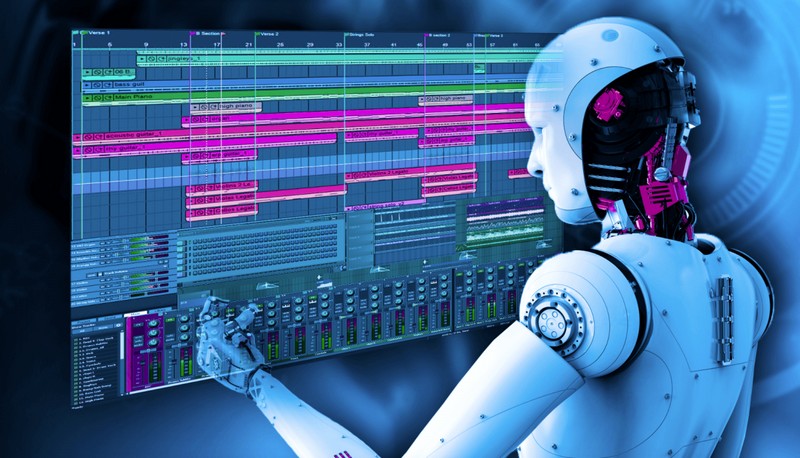The way we consume music has evolved dramatically over the past few decades, and so have the methods used to rank popular songs. With advancements in technology, music charts are no longer solely based on physical sales and radio play. Instead, streaming platforms, social media influence, artificial intelligence (AI), and blockchain technology are reshaping how songs rise in popularity.
These technological innovations are making music charts more dynamic, personalized, and even unpredictable. As AI-driven algorithms, global streaming trends, and digital interactions continue to gain influence, the future of music charts is set to undergo a transformation. Here’s how technology is poised to change the way we measure musical success.
1. Streaming Dominance Will Redefine Chart Metrics
Streaming services like Spotify, Apple Music, and YouTube have already taken over the music industry. However, their impact on music charts will only grow stronger. Platforms now analyze play counts, listener behaviors, and playlist placements to determine chart rankings.
With advancements in AI, streaming services can refine their recommendations, making it easier for lesser-known artists to break into the charts. As music becomes more globalized, regional charts will gain prominence, reflecting diverse musical tastes rather than just mainstream hits. Additionally, premium versus free-tier streaming differences could influence chart weightings, creating fairer ranking systems.
2. AI-Generated Music Will Enter the Charts
AI is no longer just a tool for recommendation algorithms; it’s becoming a music creator itself. AI-generated songs are gaining traction, with some already mimicking famous artists’ styles. In the future, AI-generated tracks could rank on music charts alongside human-produced songs.
This raises questions about credibility, originality, and listener preferences. Music charts may need to establish new rules to differentiate between human and AI-generated content. Additionally, AI-powered song personalization could lead to customized charts tailored to individual users, making traditional rankings less relevant.

3. Social Media Virality Will Have a Greater Influence
Platforms like TikTok, Instagram, and X (formerly Twitter) already play a significant role in catapulting songs to viral success. A short clip featuring a song can turn an unknown track into a global hit overnight.
As social media platforms refine their algorithms, they will become even more influential in shaping music charts. Metrics like video shares, user-generated content, and engagement rates could be integrated into chart calculations. Future charts might rely more on real-time digital interactions rather than traditional airplay, further democratizing the industry by giving independent artists more exposure.

4. Blockchain and NFTs Will Impact Chart Credibility
Blockchain technology and non-fungible tokens (NFTs) are set to revolutionize the music industry, including chart rankings. With blockchain, music consumption data can be recorded transparently, reducing fraudulent streaming practices.
Additionally, NFTs could redefine how music success is measured. Artists could sell limited-edition digital collectibles tied to exclusive releases, and these sales might influence chart positions. As more artists embrace blockchain technology, music charts could include NFT sales and decentralized streaming metrics in their rankings, creating new revenue opportunities while ensuring fairer tracking methods.


